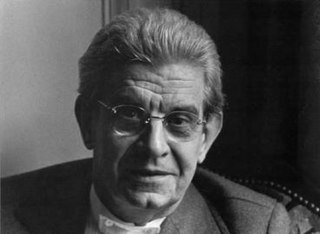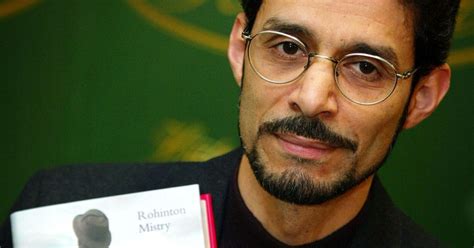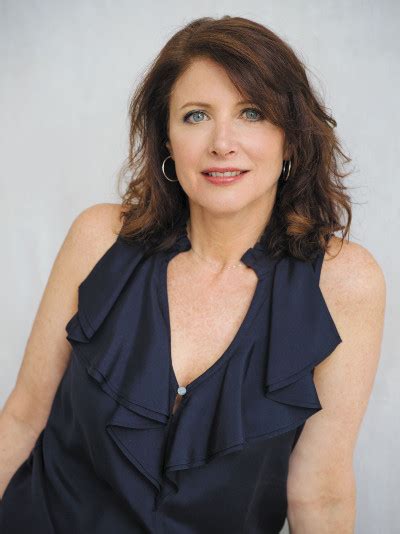A Quote by Alice Mattison
You have to write fiction that mirrors the actual world, which has people of all sorts in it.
Related Quotes
Many truths which are not believed are called lies,' the Laughing Beast said. 'Mirrors do not themselves lie unless they have been enchanted. Ordinary mirrors merely reflect what is revealed to them. People lie and mirrors reflect people. If your mother feared mirrors in your land, she feared herself.
Literary science fiction is a very, very narrow band of the publishing business. I love science fiction in more of a pop-culture sense. And by the way, the line between science fiction and reality has blurred a lot in my life doing deep ocean expeditions and working on actual space projects and so on. So I tend to be more fascinated by the reality of the science-fiction world in which we live.
You've got the people you know, which are problematic. Always. They're rich but they're also real people living their lives alongside you. Then you've got the people that you make-up completely, who are often missing a dimension if they don't have some reference to real people. So strangers exist in this in-between space, where in not knowing them, you are creating a fiction for them, even in passing, but at the same time, there they are, with their actual bodies and their actual clothes. It's totally enticing.
To read fiction means to play a game by which we give sense to the immensity of things that happened, are happening, or will happen in the actual world. By reading narrative, we escape the anxiety that attacks us when we try to say something true about the world. This is the consoling function of narrative — the reason people tell stories, and have told stories from the beginning of time.







































